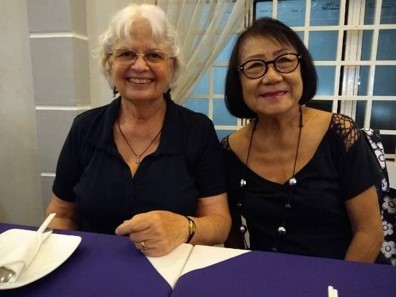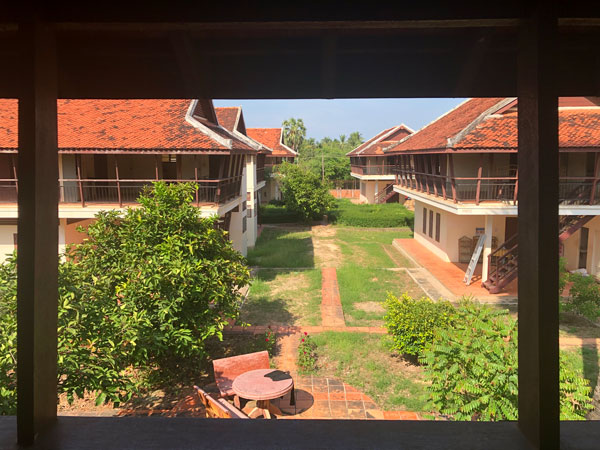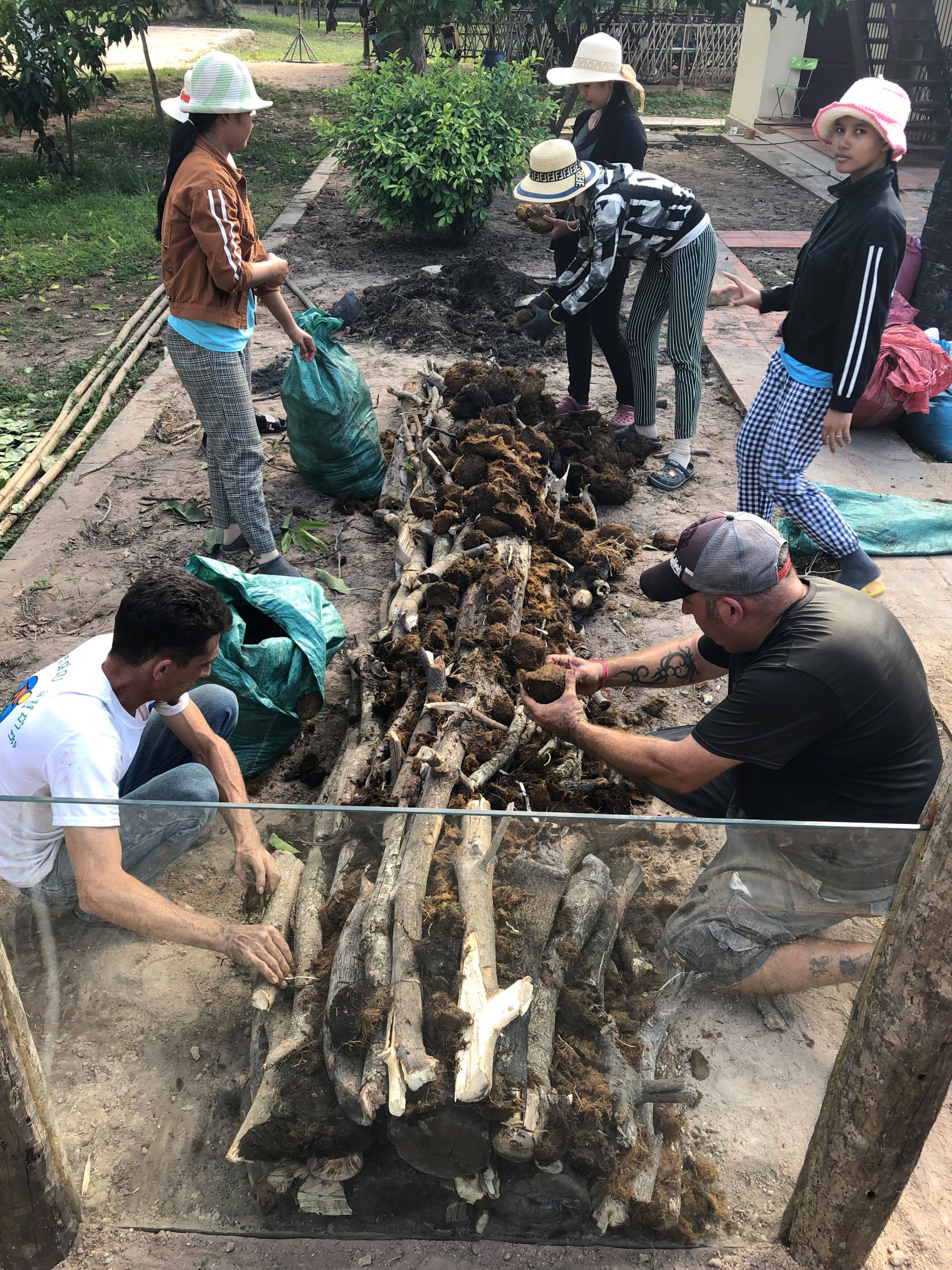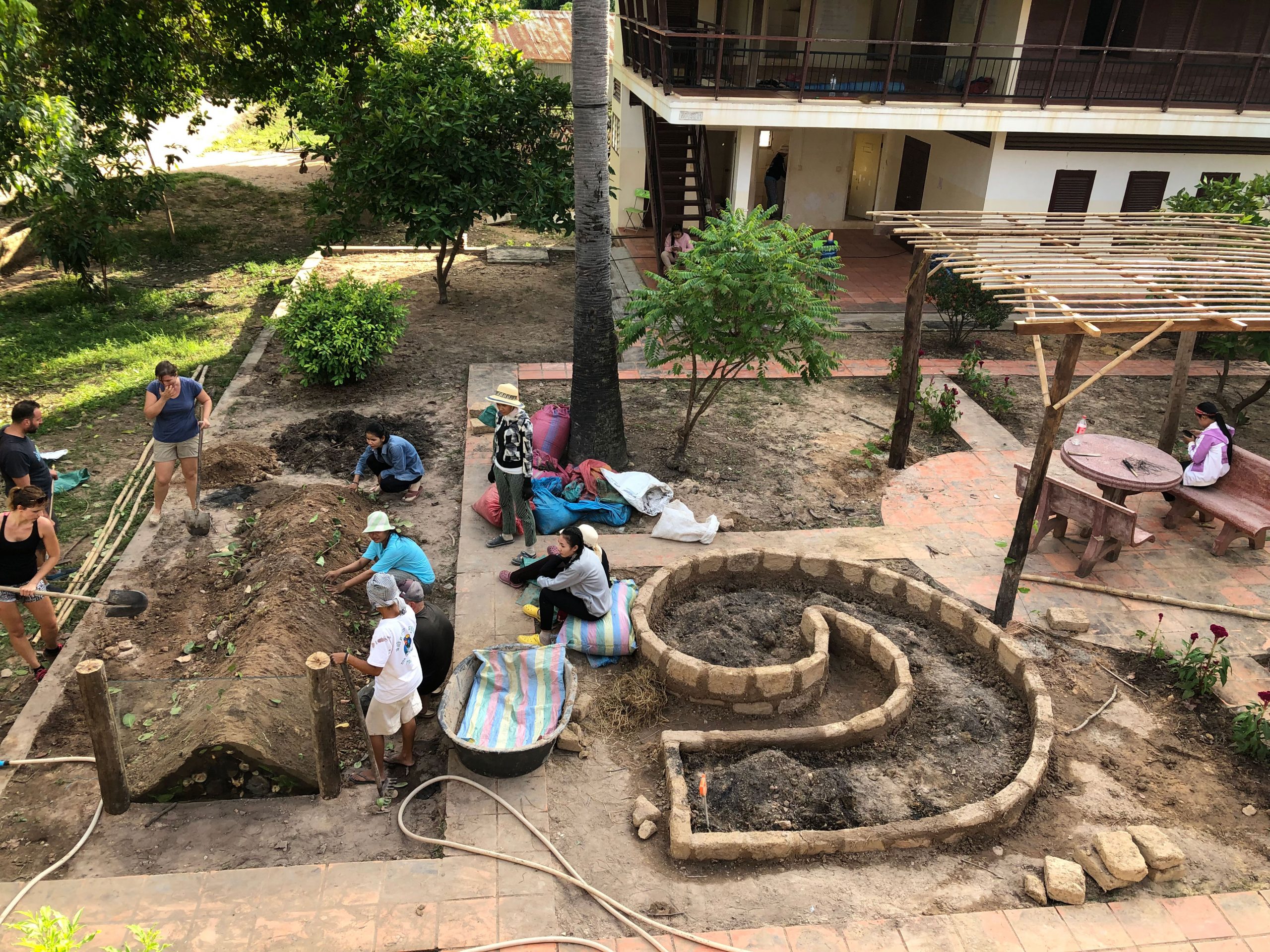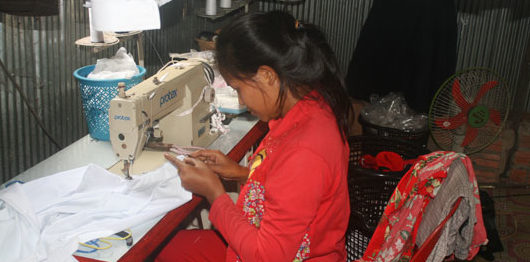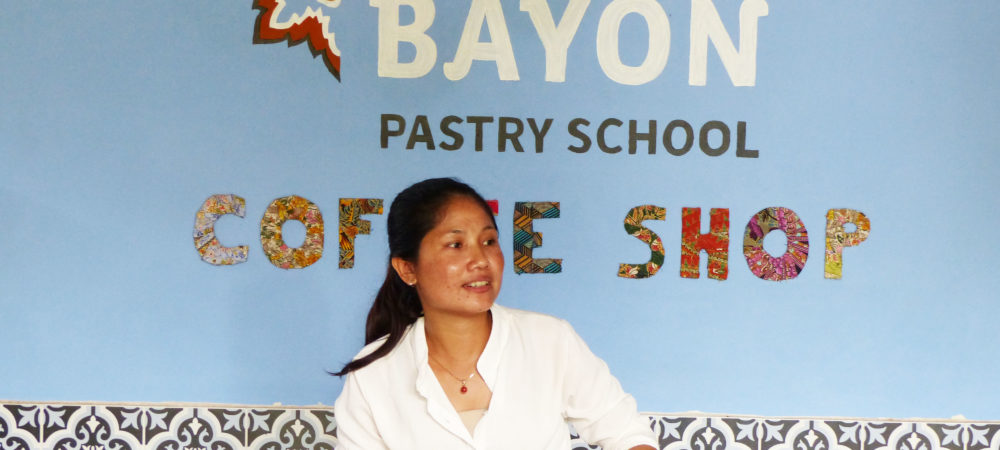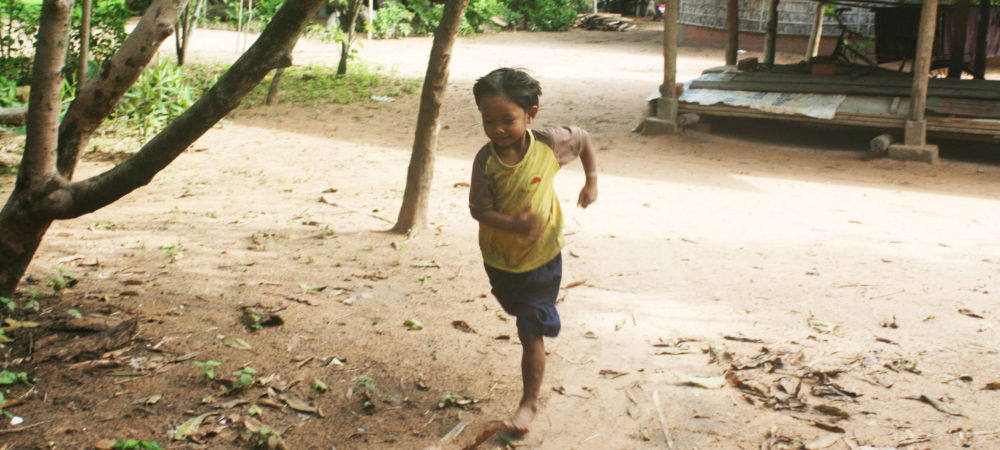Bayon school – Dealing with COVID-19
It has now been close to four months that COVID-19 has spread across the planet. Even if Cambodia has officially registered very few cases and no deaths, the country has not been spared and its population is suffering from the loss of jobs and the lack of tourist activity. Bayon School is doing their best to help the families during this unprecedented crisis.
Support the families – The first urgency
Since mid-March, no tourist has been allowed to enter the country and the large majority of the hotels, restaurants and spas have closed, leaving thousands of workers with no jobs and no compensation from the Cambodian government. Many of our families have been affected, losing their primary source of income which allowed them to meet the basic needs of 8-10 people. Furthermore, the children who used to go to school were being fed breakfast and lunch at the canteen, one thing less for the parents or grandparents to provide. Now they are at home and need feeding by their families, adding an additional charge.
Faced with this critical situation, Bayon School reacted quickly. From Week 1, all the vegetables grown by the famers invested in the Green Project were bought by the NGO and then distributed free of charge to the parents of our pupils. This guaranteed a salary for these women farmers and the insurance that the children would continue to eat healthy vegetables. In addition, our social teams studied the families very closely and we started distributing rice to those in desperate need from the second week after the school closure. Special thanks to our donors and the company AMRU Rice for their precious support, which allowed us to finance the rice and vegetables.

Closure of the Pastry School and Coffee Shop – What happens next?
At the Pastry School, we had to send our 26 students back to their families and, as a result and out of obligation, close the shop. The Coffee Shop of the Bayon Pastry School, opened more than 4 years ago, covers 50 % of the budget required for the pastry/baking training programme. Its closure means a significant loss of income for the NGO, which we have been able, in part, to compensate through the generosity of our donors. After two weeks of adjustment and holidays for the catering staff, we put in place several projects in preparation for the re-opening: inventory, storage, planting in the gardens, painting the walls, Spring cleaning, … In the end, the team was very busy. In addition, Sokhouern and Sokly developed a brand-new range of bread with no fewer than 10 new references for sale in our future bakery. They had the time to test new recipes to ensure a wide range of products that we will be able to offer the hotels and restaurants once they can re-open. Finally, since the end of April, the teachers have put in place online lessons for our students, who, each day, receive videos and telephone calls to keep them up to date and help them revise their lessons.

Social follow-up, survey and report
Our social teams have been very committed during this period. They worked firstly on identifying the families with the most difficulties in order to help them in the best way possible. This crisis has also given us the possibility to take a big step back and analyse the impact of our actions on the children and their education. A further study was led with the alumni of the Pastry School, with the aim of updating the details of our former students, analyzing their career paths and reviewing their situation one to five years after graduating.
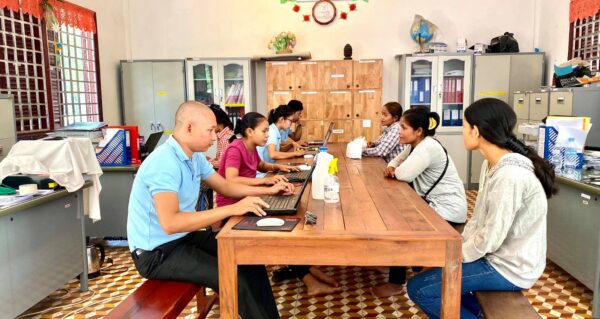
And our communication?
We have launched the huge undertaking of redoing the website for Bayon School. It will be revealed soon! And we are trying, as best we can, to stay in touch with all the friends of Bayon School, who, we know, stand by our side. An enormous thank you for your help which has allowed us to manage this crisis and help our families as much as possible. We hope to reopen the schools very soon and see again the happy, smiling faces of our pupils as they play outside.
